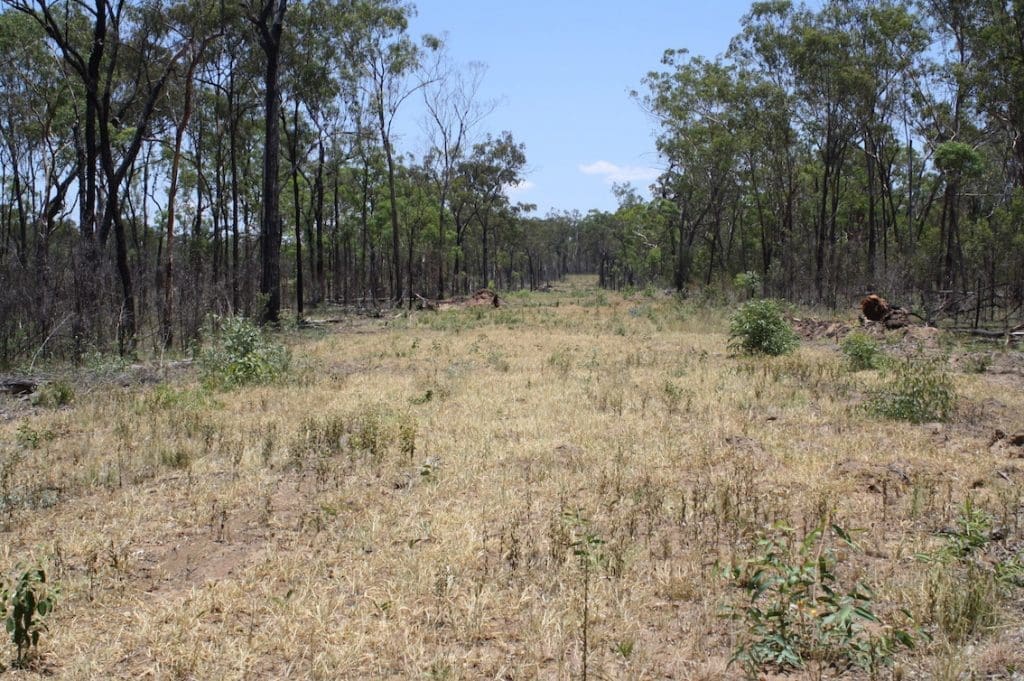
As the frequency and severity of bushfires continues to rise, the Queensland Government has introduced new regulations that will give Queensland landholders greater certainty about what they can do to protect their land and property from the risk of bushfire.
Background
Under Queensland legislation, landholders are permitted to construct firebreaks on their property for the purposes of bushfire mitigation. Landholders may clear native vegetation if clearing is necessary for:
- establishing or maintaining a necessary fire break to protect infrastructure (other than a fence, road or vehicular track) up to 1.5 times the height of the tallest adjacent vegetation, or 20m (whichever is wider); or
- establishing a necessary fire management line of 10m width.
Until recently, landholders could only undertake the above works if these works were not in conflict with the local Council planning requirements for the land. As each local Council has a different planning scheme, a landholder’s ability to undertake bushfire clearing works was inconsistent and uncertain throughout the State.
This uncertainty was highlighted in the recent Queensland Court of Appeal decision of Traspunt No 4 Pty Ltd v Moreton Bay Regional Council [2019] QCA 51, which contemplated that some fire mitigation works would be considered assessable under the local planning scheme, despite the Sustainable Planning Regulation 2009 (the regulation in force at the time) allowing for fire break clearing.
Amendments to the Planning Regulation
On 5 December 2019, the Queensland Government introduced the Planning (The Spit Master Plan and Other Matters) Amendment Regulation 2019. This legislation, among other legislative amendments, amends schedule 6 and schedule 7 of the Planning Regulation 2017 (Planning Regulation) to clarify that vegetation clearing for necessary firebreaks and fire management lines performed in accordance with the legislation does not require development approval from any local Council.
The Planning Regulation has been amended so that, under schedule 6, operational works for the purposes of establishing and maintaining firebreaks or fire management lines, are prohibited from being declared to be assessable development under local planning schemes. Under schedule 7, such work is ‘accepted development’, which does not require further planning approvals.
The effect of the changes is that firebreaks and fire management lines will be deemed ‘accepted development’, which will not require local Council approval, as long as the fire mitigation measures are limited to the necessary works prescribed under Queensland law.
Impact of the new regulations
The new regulations support the findings and recommendations in the recent Inspector-General Emergency Management review report. The report recommended that the Queensland Government re-assesses legislation relating to bushfire mitigation, preparation priorities and hazard reduction in light of the increasing risk of intense fires in rural and regional Queensland.
For landholders, the new regulations provide a more transparent and appropriate framework for bushfire planning and management. Landholders can now have greater certainty that they can immediately undertake necessary fire mitigation works to protect their property without needing to go through a Council application process.
For further information on any of the issues raised in this alert please contact:
- Rachel Jones on +61 7 3233 8776
- Katie Piper on +61 7 3233 8797
Focus covers legal and technical issues in a general way. It is not designed to express opinions on specific cases. Focus is intended for information purposes only and should not be regarded as legal advice. Further advice should be obtained before taking action on any issue dealt with in this publication. |




HAVE YOUR SAY